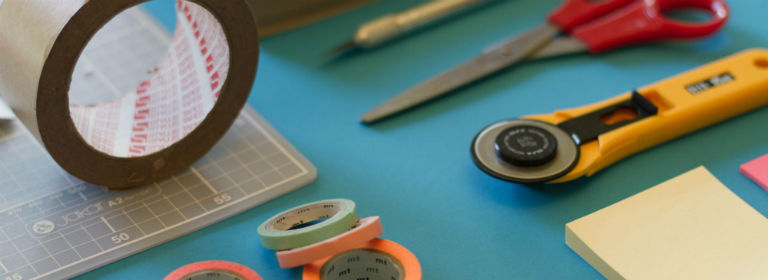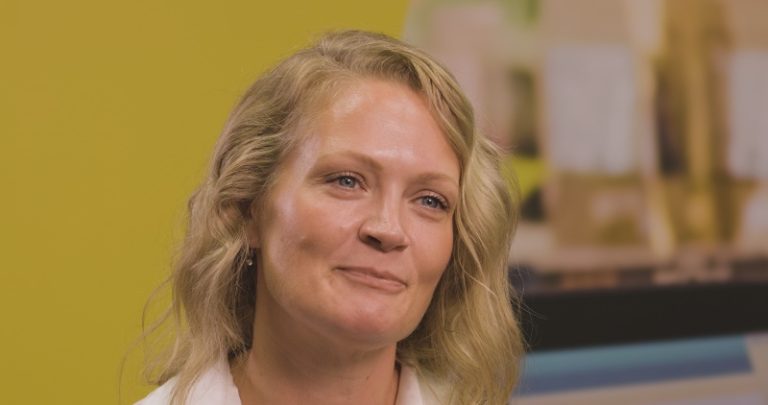Five ways to make yourself more employable
Five ways to make yourself more employable

Even if the idea of having a proper job seems a long way off, making yourself more work-ready now will give you the edge further down the line.
Think about your CV
There’s no point spending ages crafting a CV if you’re not looking for work but keeping notes now can prove useful later. Jot down anything you can put on your CV and build up your bank of stories – examples of when you’ve solved a problem, dealt with a tricky situation or demonstrated good organisational skills. These can all help with future job applications and interviews.
Fill those gaps
If you’ve an idea of which area you want to work in, look at job sites such as Monster or The Guardian to see what skills are in demand. What skills do you have already and where are your weak points? Think about different ways you can start to plug any gaps and get stuck in.
See Easy ways to learn new skills for more suggestions.
Clean up your digital footprint
What would a potential employer find if they looked you up online? Search yourself (and don’t forget to do an image search too) and then set about trying to remove content you don’t like. Check your privacy settings on your social media accounts, untag yourself from any dodgy photos and delete any unused accounts. Looking to the future, think before you post – avoid making negative comments and consider how anything you post may come across.
Get the inside track
Again, once you’ve an idea about the type of job you’d like, start to develop your industry knowledge. Follow the news agenda for a particular job area or start reading the trade press (make a quick trip to a large newsagent or try an online search). Check out professional associations, trade bodies or other specialist organisations online and research key employers. Sign up for relevant email newsletters and follow on social media to get in the know.
Try stuff out
Loads of things seem good on paper but often the reality can prove quite different. There’s no substitute for trying something first-hand. Investigate volunteering opportunities, internships and work experience. Or see what’s out there in terms of part-time positions, casual work, or holiday jobs. These are all great, low-risk ways to get a taste of something and to make your CV stand out. Even if something turns out not to be what you expected, the experience is never wasted. Identifying what you do and don’t like is a big step towards finding a direction that’s really right for you.





